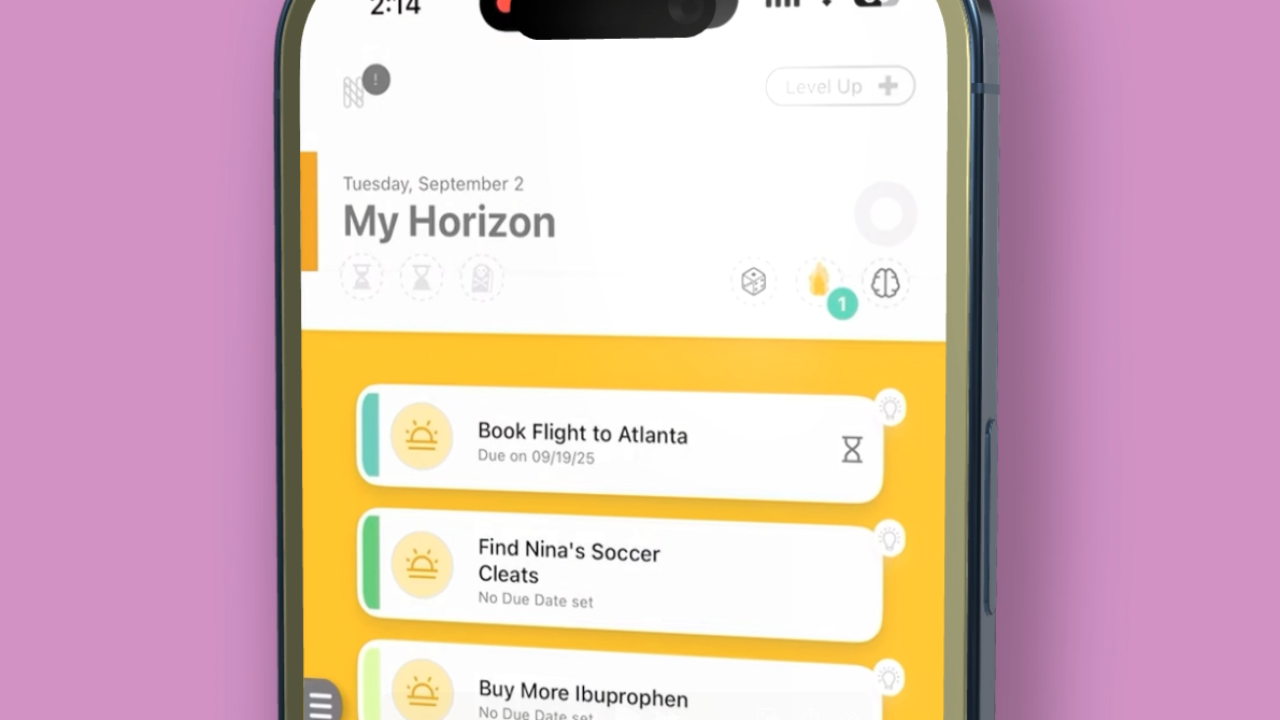- Key insight: Discover how integrated virtual pediatric care is reshaping employer benefit design.
- What's at stake: Employee retention and productivity tied to pediatric behavioral access.
- Expert quote: Shedlin says rapid virtual intake and after-hours access close critical pediatric care gaps.
Source: Bullets generated by AI with editorial review
When
Family-building and well-being platform WIN aims to tackle both of these issues with WINkid, a comprehensive pediatric solution that provides families with virtual mental and physical pediatric care for newborns through age 21. The platform also provides
"With our virtual pediatric solution, not only are 95% of visits occurring within 60 minutes, but 70% of them are occurring at night or on weekends when most pediatrician's offices are closed," he says. "We're also improving access for pediatric behavioral healthcare: On average, it can be six months or a year to access care, whereas we're looking to do intake appointments within a few days and follow ups scheduled within 30 days."
Read more:
As easier way to access care
WIN's new offerings add to its services for fertility, pregnancy and postpartum, as well as age-related well-being for adults. Expanding to pediatric care was a natural continuation of their high-touch, expert care and easy navigation, Dr. Shedlin says.
Through the platform's mobile app, parents can access a nurse care advocate 24/7 who helps them navigate next steps, such as getting to the right virtual provider, coordinating with a family's primary care physician and working with their existing benefits to make in-network referrals. There are also education materials and online virtual events, as well as content and child-development experts available for coaching on topics like development and bonding.
Nurse advocates can also send at-home medical kits with supplies such as an oximeter, thermometer, or rapid strep or flu tests, helping parents get a more accurate diagnosis and avoid unnecessary trips to the ER, which can cost up to 10 times the price of a primary care visit, explains Dr. Shedlin.
"As plan sponsors, it's helpful to save money, but importantly, it's helpful to address these potential clinical challenges in a way that's more convenient for the employee," he says. "Our app also provides access to symptom trackers, growth and development monitoring, so within one digital platform is that one-stop-shop for parents."
Read more:
The growing need for pediatric behavioral health
The CDC reports that as of 2021, 21% of children aged 3 to 17 suffered from a mental, emotional or behavioral health condition. When their children struggle, parents' well-being decreases as well. According to a study by Bend Health
WINkid provides urgent psychological care for acute cases, intensive outpatient programs and neuropsychological evaluations.
"We're seeing the incidence and prevalence of pediatric behavioral healthcare increase greatly," Dr. Shedlin says. "That, in turn, creates supply-demand issues and delays in access to assessment and treatment. Part of what we look to do is tighten those gaps, because early intervention and treatment for pediatric neuro, psychological and other behavioral issues is key, both in terms of the efficacy of the treatment as well as the costs associated with treatment."
Read more:
In a survey by Ovia Health, 94% of respondents said family benefits were a top priority, highlighting their impact on recruitment and retention. Dr. Shedlin notes that the increasing adoption of these offerings points to their positive impact, and when it comes to health needs, benefit leaders will see a ROI when they incorporate clinically-focused, tech-enabled options that lead to more efficient care.
"The good news is that, in many instances, these [benefits] are paying for themselves in terms of improved presenteeism, productivity and the like," he says. "As parents, work-life balance can be challenging, particularly if you're addressing pediatric health or behavioral health issues. Closing those gaps really helps employees and dependents be focused on their work."






